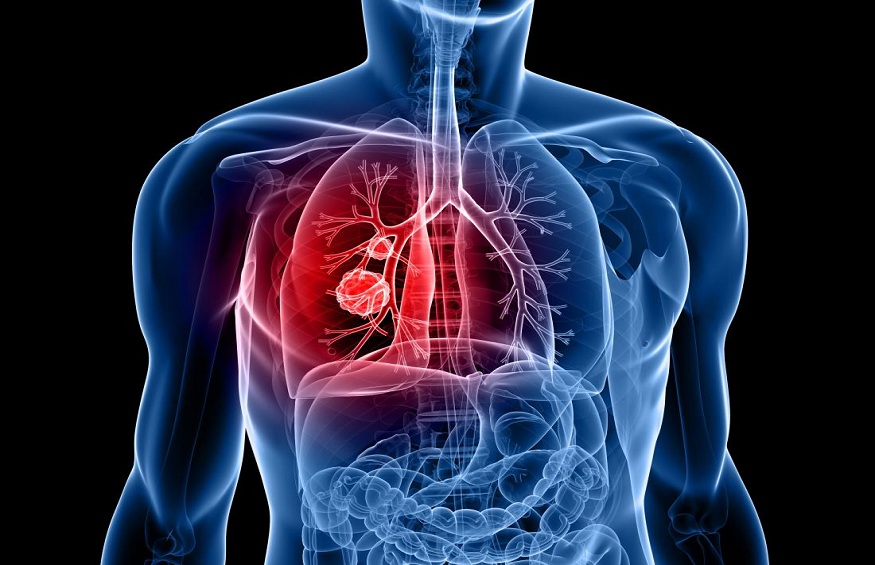Cancer treatment and cancer have a number of side effects. Alleviating them is a crucial component of cancer treatment and care. Known as palliative care, it is vital for patients and their families to discuss it with their health care support teams to understand these specific side effects experienced to be managed properly.
Dr. Paolo Boffetta – Learn about the long-term side effects cancer has on patients
Dr. Paolo Boffetta is an Italian cancer epidemiologist who lives in New York and is currently the Director of The Institute for Translational Epidemiology and Associate Director for Population Sciences of The Tisch Cancer Institute. He researched cancer and had moved to Mount Sinai School of Medicine in 2010 and is the Bluhdorn Professor of International Community Medicine. He has been associated with several prestigious medical establishments like The American Cancer Society in New York, Columbia University in New York, the International Agency for Research on Cancer at Lyon in France, and the German Cancer Research Center Heidelberg, Germany.
The common side effects of cancer treatment are –
- Anemia
- Loss of appetite
- Constipation
- Dehydration
- Problems with thinking, attention, and memory
- Dental problems
- Edema or the retention of fluid in the body
- Headaches
- Hair loss is known as alopecia.
- Difficulties in swallowing and chewing
- Pain in the joints
- Blood clotting problems
- Muscle pain
- Infection
- Problems in hearing
- Sores in the mouth
- Weight loss or gain
Where does palliative care help?
When it comes to arresting the side effects of cancer, palliative care helps the best. Doctors say you should start it as soon as the treatment plan begins. Those patients who are placed in palliative care with treatment experience fewer symptoms, enjoy a better quality of life, and are satisfied with the treatment they get. Palliative care can be given to any stage and type of cancer.
Palliative care differs widely and covers-
- Changes in nutrition.
- Techniques for relaxation.
- Spiritual and emotional support.
- Support for family caregivers and children.
Understanding late effects after cancer treatment ends
After the cancer treatment ends, physical side effects happen to last for a long time. Doctors like to refer this to as late effects if they surface and linger for months or years after the end of the treatment.
Trained specialists in palliative caretake the onus of treating these late effects. This is a vital part of cancer survivorship care. The doctor of the patient will list these long-term side effects as well as late effects that can potentially surface later after your treatment ends.
Palliative care for patients suffering from side effects physically may include physical therapy, medications for nausea, or support with nutrition. Patients are recommended to consult a sleep specialist, pain specialist, an expert in palliative care, and other professionals to manage and deal with the side effects of cancer that the patient faces physically.
Paolo Boffetta MD adds that palliative care should be customized to meet the needs of the patient. Only then can the individual improve their quality of life and reduce the pain and mental agony of cancer.



